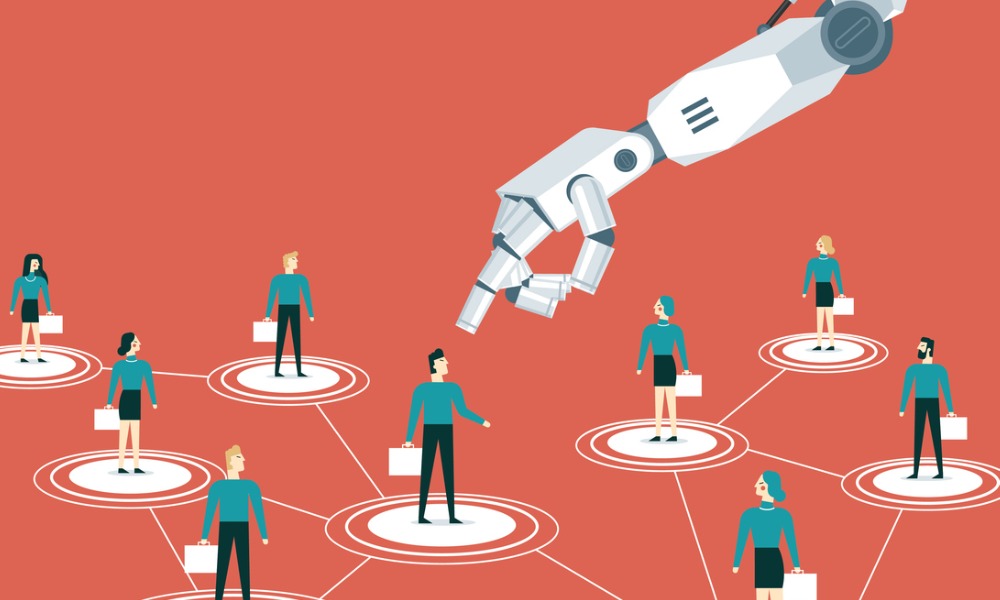
You really need that end-to-end data to make the AI recommendations and the screening smarter and smarter, says expert

Human resources teams can tap into the powers of artificial intelligence (AI) technology to optimize the recruitment process — especially for high-volume recruiting, according to one expert.
This is already being done at Dayforce, says Somen Mondal, general manager at Dayforce, in talking with HRD Canada.
“We have AI-based recommendation, screening and matching of candidates,” he says.
“Let's say you have 1,000 applications come in. Our system is able to shortlist people – not automate – and recommend the people that you should speak to first as a recruiter.”
In the manual process of browsing through applications, 90% of the applicants are not even reviewed by an HR person because there's too many applications to look at, says Mondal. Because of this, recruiters may be missing out on the best candidates.
With the use of AI, recruiters can focus on relationship-building with candidates who may be best fit for the roles they are filling, he says.
Using AI to assess tons of applications can also help eliminate human bias, says Mondal. Hiring managers may be more inclined to consider a job applicant named “Jim” over someone named “Somen”, he says. With AI, that bias can be eliminated.
Barb Hyman, CEO of Sapia.ai, previously told HRD that AI-based recruitment could be biased depending on the data used for the tool.
"If you build a model to assess and evaluate someone for a job and it's based on human data, you'll end up with biased outcomes; if you use resume data, you'll end up with biased outcomes," she said.
HR teams can even use AI technology to conduct interviews during the recruitment process, says Mondal. At Dayforce, they have a video interviewing technology used to “automatically, asynchronously ask people video interview questions,” he says.
However, AI does not decide who the company is going to hire, he says.
“We do not use AI to judge what the candidate is saying.”
Instead, Dayforce has “a structured system” to judge how a candidate does in the interview.
“We provide a quick way for people to record video answers through video interviewing technology. We don't use AI to judge [candidates], but we have a structured way for people to rate someone's answers.
Structuring the interview assessment is the best way to make the judgement consistent instead of “just randomly saying ‘I think this person is good, this person's not good’,” says Mondal.
“Having a method of structuring a rating system… That's the best way to do it, it saves time, it makes it easier, especially in high volume [recruiting].”
Three-quarters of business leaders (75%) and 58% of knowledge workers believe AI can streamline tasks and make their job easier, finds a previous report by HP.
To ensure that employers can effectively use AI in the recruitment process, they need “end-to-end data,” says Mondal.
“Most systems only understand a little portion of the data,” he says. “It's not just about someone clicked on a job ad, they got interviewed and they got hired.”
Employers must also understand how well that person performed during their employment with the company, how long they stayed and whether they get a pay increase, among other things.
“You really need that end-to-end data to make the [AI] recommendations and the screening smarter and smarter and smarter,” says Mondal.
As AI and machine learning become more and more important, end-to-end data “is ultimately the most important thing” for employers to “supercharge” the recruitment process, he says.
“You really need that end-to-end data in one spot to understand the whole lifecycle and that makes everything smarter, from the recruiting recommendations to finding the right talent to hiring the right people.”
According to a previous research from Gartner, 81% of HR leaders have already explored or implemented AI into their internal HR processes in order to bolster efficiency.